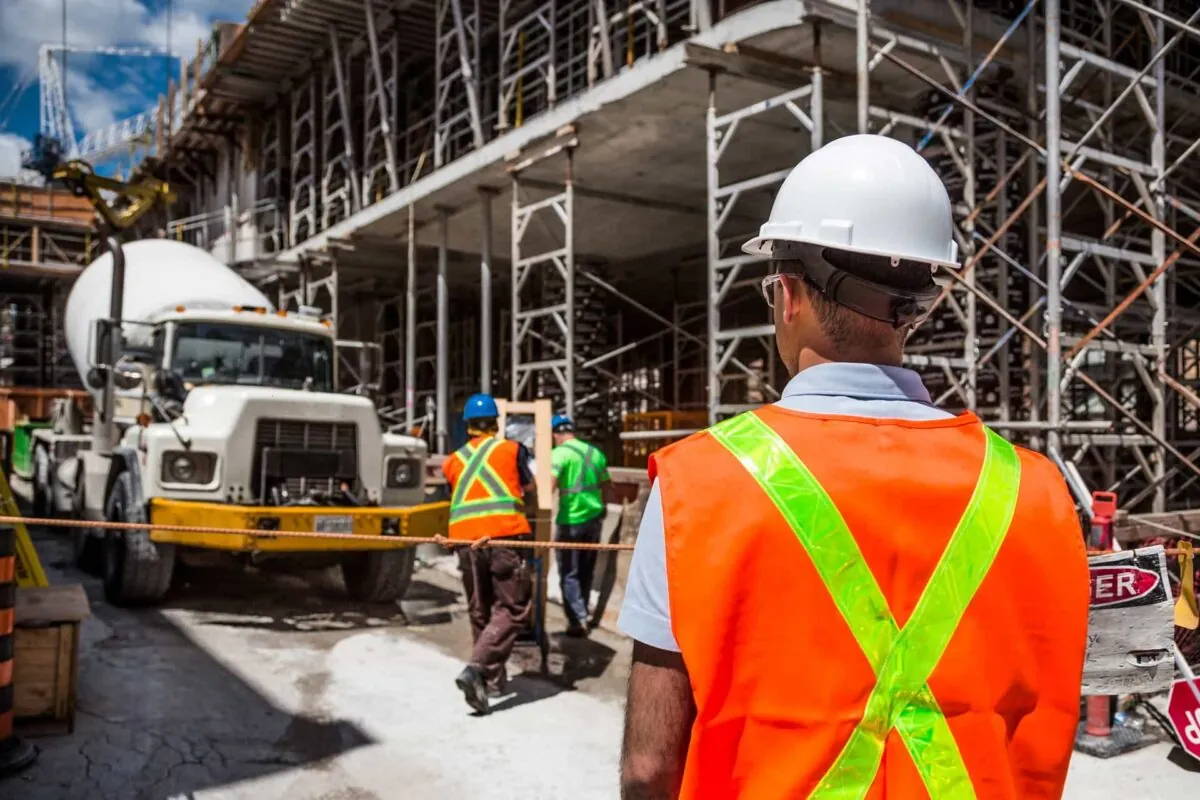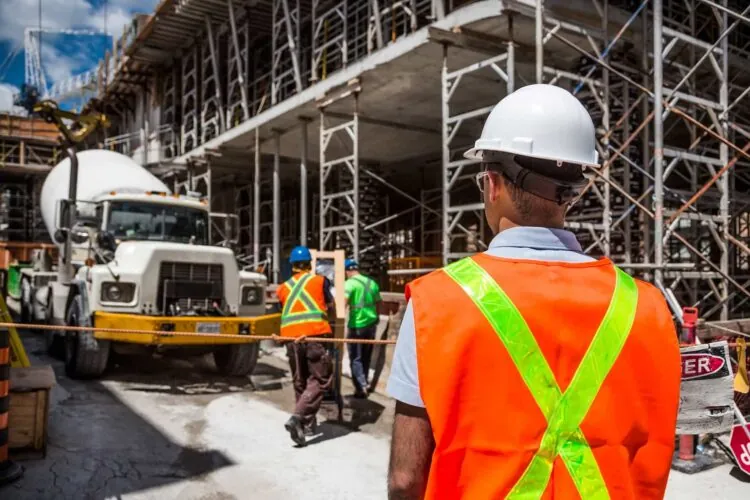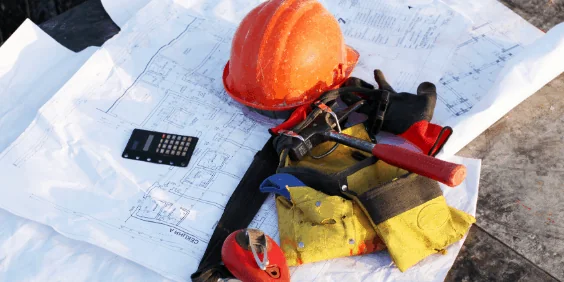The New CCDC 2 – 2020 Contract: Changes You Need to Know

The CCDC 2 Stipulated Price Contract is one of the most common construction contracts used throughout Canada. It provides a well-known, widely-recognized framework for owners, contractors, financers and consultants, containing contract clauses that have been the subject of numerous court and arbitral decisions which provide guidance for interpretation.
In December 2020, the Canadian Construction Documents Committee (CCDC) released the much anticipated update, CCDC 2 – 2020.
Although the new CCDC 2 – 2020 maintains the same framework of project delivery as the previous version (CCDC 2 – 2008) and many of the same General Conditions, it does contain changes that will impact projects:
Part 12 Owner Takeover:
The CCDC 2 – 2020 introduces a new Part 12 including a new milestone entitled Ready-for-Takeover. While an Owner’s takeover of work milestone is new to the CCDC 2 – 2020, it is not a new concept in the industry – other forms of contract (for example FIDIC style contracts) use a similar “taking-over” milestone.
The Ready-for-Takeover milestone is in addition to, and follows, substantial performance. The definition of Substantial Performance of the Work has now been shortened as compared to CCDC 2 – 2008, but fundamentally remains “as defined in the lien legislation applicable to the Place of the Work.”
The prerequisites to attain Ready-for-Takeover under General Condition 12.1 are:
- That the Consultant has certified or verified Substantial Performance – thus, Ready-for-Takeover necessarily requires Substantial Performance;
- Evidence of compliance with the requirements for occupancy or an occupancy permit – compared to CCDC 2 – 2008, an occupancy permit is a new requirement;
- Final cleaning and waste removal as required by the Contract – the CCDC 2 – 2008 (General Condition 3.13) required “Cleanup” to be performed before applying for Substantial Performance, so is a similar requirement;
- Delivery of operations and maintenance documentation as required by the Contract – compared to CCDC 2 – 2008, this is a new requirement;
- A copy of as-built drawings completed to date at the site – compared to CCDC 2 – 2008, this is a new requirement;
- Startup testing required for immediate occupancy, as required by the Contract – compared to CCDC 2 – 2008 this is a new requirement;
- That the Owner has the ability to secure access to the Work, if required by the Contract; and
- Demonstration and training has been scheduled, as required by the Contract.
In the same way that CCDC 2 – 2008 requires the Contractor to apply to the Consultant for Substantial Performance, Part 12 of CCDC 2 – 2020 requires the Contractor to apply in advance for Ready-for-Takeover and the Consultant now has 10 calendar days to respond.
Part 12 also now provides a process for Early Occupancy by the Owner before Ready-for-Takeover has been attained.
Ready-for-Takeover is important because it is the “end date” in Article A-1.3 for the purposes of the Contract Time, as opposed to Substantial Performance. As well, it is an important date for the Insurance requirements (Part 11), Early Occupancy and Warranty (Part 12) and Indemnification and Waiver (Part 13), among other things.
Payments:
-
Payment Legislation and Adjudication:
CCDC 2 – 2020 adds the defined term “Payment Legislation” and revises the General Conditions to be more consistent with prompt payment legislation requirements. It expressly references that it does not affect the rights of the parties to resolve any dispute by “adjudication” as prescribed by applicable legislation.
Several years ago a bill for prompt payment legislation was proposed in the Manitoba Legislature. At the time of writing, the bill has not been re-introduced in the current session. Following Ontario’s lead, many provinces including Saskatchewan and Alberta are in the final stages of enacting and implementing prompt payment legislation. If and when prompt payment legislation is implemented in Manitoba, the new CCDC 2 should accommodate the changes.
-
Applications for Payment and Statutory Declarations:
CCDC 2 – 2020 requires the Contractor to submit applications for payment monthly to the Consultant and Owner “simultaneously.” It also provides that each application for payment (after the first payment) shall include evidence of compliance with workers’ compensation legislation and a CCDC 9A Statutory Declaration by the Contractor. CCDC 2 – 2008 only required a statutory declaration when applying for payout of statutory holdback.
-
Timing of Payments by the Owner:
The 20 calendar days for payment by the Owner in CCDC 2 – 2008 has been changed to 28 calendar days after the receipt by the Owner and Consultant of the application for payment, subject to compliance with Payment Legislation.
The statutory holdback must be paid to the Contractor no later than 10 working days following the expiration of the holdback period.
Change Directives:
- General Condition 6.3.7 of CCDC 2 – 2020 revises the list of claimable actual costs and now provides that the costs are to have “contribute[d] directly to the implementation of the Change Directive.”
Construction Safety:
- General Condition 3.2.2 previously stated that the Owner assumed overall responsibility for compliance with applicable health and construction safety legislation. CCDC 2 – 2020 removes that provision and in General Condition 9.4 places responsibility for establishing, initiating, maintaining and supervising all health and safety precautions on the Contractor. However, General Condition 9.4 requires the Owner and Contractor to comply with all health and safety rules, regulations, practices and programs, and places the responsibility on the Owner to “cause” the Consultant, Other Contractors (newly defined term) and the Owner’s forces to comply with all health and safety precautions and programs established by the Contractor.
Part 13 Indemnification and Waiver:
- General Condition 13.1.2 (previously General Condition 12.1.2) now provides that in respect to indemnification by the contracting parties against the other for losses suffered, the obligation is restricted to “direct loss and damage, and neither party shall have any liability to the other for indirect, consequential, punitive or exemplary damages.”
Contractor Delays:
- General Condition 6.5.2 has been revised to require that if a Contractor is delayed in the performance of the Work by a stop work order issued by a court or other public authority, “resulting in the failure of the Contractor to attain Ready-for-Takeover, the Contract Time shall be extended and the Contractor shall be reimbursed for reasonable costs of the delay. General Conditions 6.5.1 (delays caused by the Owner, Consultant or anyone employed by them) and 6.5.3 (delays caused by labour disputes, fires, weather conditions, etc.) have not been revised to add this additional requirement.
The CCDC 2 – 2020 contains several other changes, additions and deletions. Contractors and Owners are well advised to carefully review the update and consider how the changes may impact project delivery. In addition, Supplemental Conditions commonly used with previous versions of the CCDC 2 contracts may need to be updated.
It is expected that, overall, the industry will welcome the revised and updated CCDC 2 – 2020 and it will soon be as commonly used as CCDC 2 – 2008.
The lawyers at MLT Aikins have the experience and industry focus to assist you during each phase of the project – from contract drafting and negotiation through to any project disputes.
This article first appeared in Build Manitoba, a publication of the Winnipeg Construction Association.
Note: This article is of a general nature only and is not exhaustive of all possible legal rights or remedies. In addition, laws may change over time and should be interpreted only in the context of particular circumstances such that these materials are not intended to be relied upon or taken as legal advice or opinion. Readers should consult a legal professional for specific advice in any particular situation.




